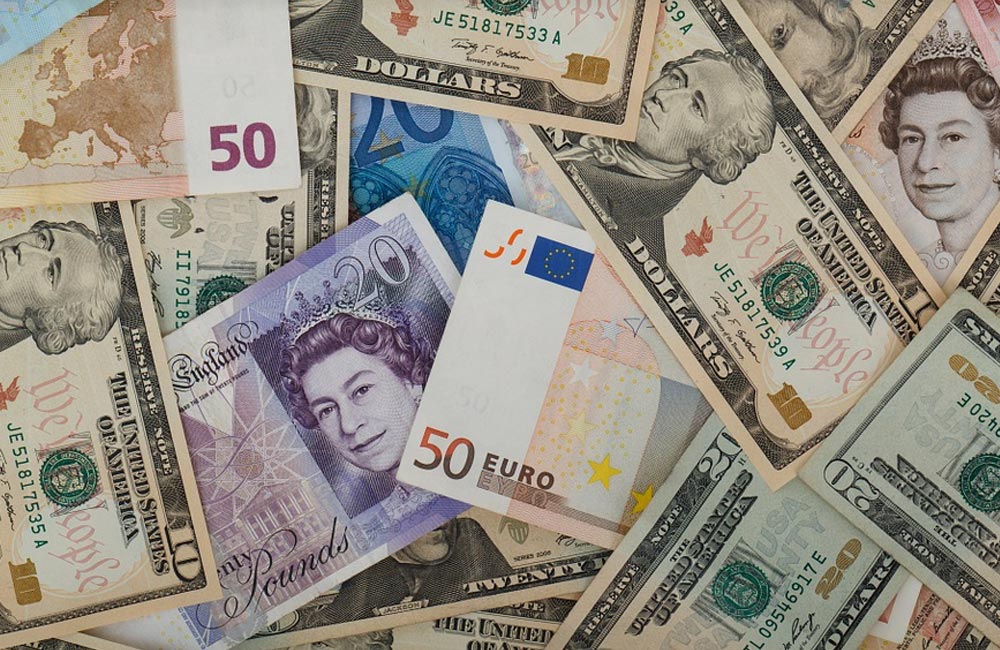Telegraphic Transfer Services in Pakistan
Telegraphic transfer services, also known as wire transfers, play a vital role in the financial infrastructure of Pakistan. These services enable quick and secure international and domestic money transfers, essential for both individuals and businesses. This article explores the intricacies of telegraphic transfer services in Pakistan, covering their importance, processes, providers, and regulatory environment.
Importance of Telegraphic Transfer Services
Telegraphic transfers are indispensable for various reasons. They offer a fast and reliable method to send and receive funds across borders, crucial for international trade, remittances, and personal financial needs. In a globalized economy, the ability to quickly move money is critical for businesses engaged in import and export activities. For individuals, particularly those with family members working abroad, telegraphic transfers provide a lifeline by facilitating remittances that support household expenses, education, and healthcare.
Process of Telegraphic Transfer
The process of making a telegraphic transfer in Pakistan involves several steps:
- Initiation: The sender initiates the transfer at their bank, providing details such as the recipient’s name, bank account number, and the amount to be transferred. They must also specify the recipient’s bank’s SWIFT code, which uniquely identifies the bank in the international financial network.
- Payment: The sender pays the transfer amount along with any applicable fees. These fees can vary depending on the bank and the destination country.
- Transmission: The sender’s bank sends a message via a secure network, such as SWIFT (Society for Worldwide Interbank Financial Telecommunication), to the recipient’s bank, instructing it to credit the recipient’s account with the specified amount.
- Completion: The recipient’s bank processes the transfer and credits the recipient’s account. This process typically takes 1-5 business days, depending on the banks involved and the countries between which the transfer is being made.
Major Providers of Telegraphic Transfer Services
Several major banks and financial institutions in Pakistan offer telegraphic transfer services. These include:
1. Habib Bank Limited (HBL)
HBL is one of the largest banks in Pakistan, providing extensive telegraphic transfer services. It has a vast network of correspondent banks worldwide, ensuring quick and efficient money transfers.
2. United Bank Limited (UBL)
UBL offers comprehensive telegraphic transfer services, allowing customers to send and receive funds globally. The bank’s robust infrastructure and partnerships with international banks facilitate seamless transactions.
3. National Bank of Pakistan (NBP)
As a state-owned bank, NBP plays a significant role in providing telegraphic transfer services, especially for government-related transactions and international remittances.
4. Standard Chartered Bank
Standard Chartered, with its international presence, provides efficient telegraphic transfer services in Pakistan. The bank’s global network ensures fast and reliable transfers.
Regulatory Environment
The regulatory framework governing telegraphic transfer services in Pakistan is designed to ensure the safety and security of financial transactions. The primary regulatory body overseeing these services is the State Bank of Pakistan (SBP).
State Bank of Pakistan (SBP) Guidelines
The SBP has established comprehensive guidelines and regulations for telegraphic transfers, which include:
- Anti-Money Laundering (AML) and Counter-Terrorism Financing (CTF): Banks must comply with AML and CTF regulations to prevent illegal activities. This involves rigorous customer due diligence, transaction monitoring, and reporting of suspicious activities.
- Foreign Exchange Regulations: The SBP regulates foreign exchange transactions to ensure stability in the currency market. Banks must adhere to these regulations when facilitating international transfers.
- Consumer Protection: The SBP mandates that banks provide clear and transparent information to customers regarding fees, exchange rates, and transfer times. This helps customers make informed decisions and protects their rights.
Challenges and Future Outlook
Despite the advantages of telegraphic transfer services, there are challenges that need to be addressed. These include high transfer fees, exchange rate fluctuations, and the risk of cyber threats. However, advancements in financial technology (fintech) are paving the way for more efficient and cost-effective transfer solutions.
Innovations in Fintech
The rise of fintech companies is transforming the landscape of telegraphic transfers in Pakistan. These companies leverage technology to offer faster, cheaper, and more secure transfer services. For example, digital wallets and blockchain technology are being explored to streamline cross-border payments and enhance security.
Government Initiatives
The Pakistani government, in collaboration with the SBP, is promoting digital financial services to improve financial inclusion. Initiatives such as the development of a national payment gateway and the promotion of electronic banking are expected to enhance the efficiency of telegraphic transfer services.
Conclusion
Telegraphic transfer services are a crucial component of Pakistan’s financial system, facilitating international trade, remittances, and personal transactions. While challenges exist, the regulatory environment, coupled with advancements in fintech, promises a future where these services become more accessible, efficient, and secure. As the financial landscape, telegraphic transfer services will continue to play a pivotal role in connecting Pakistan with the global economy.


